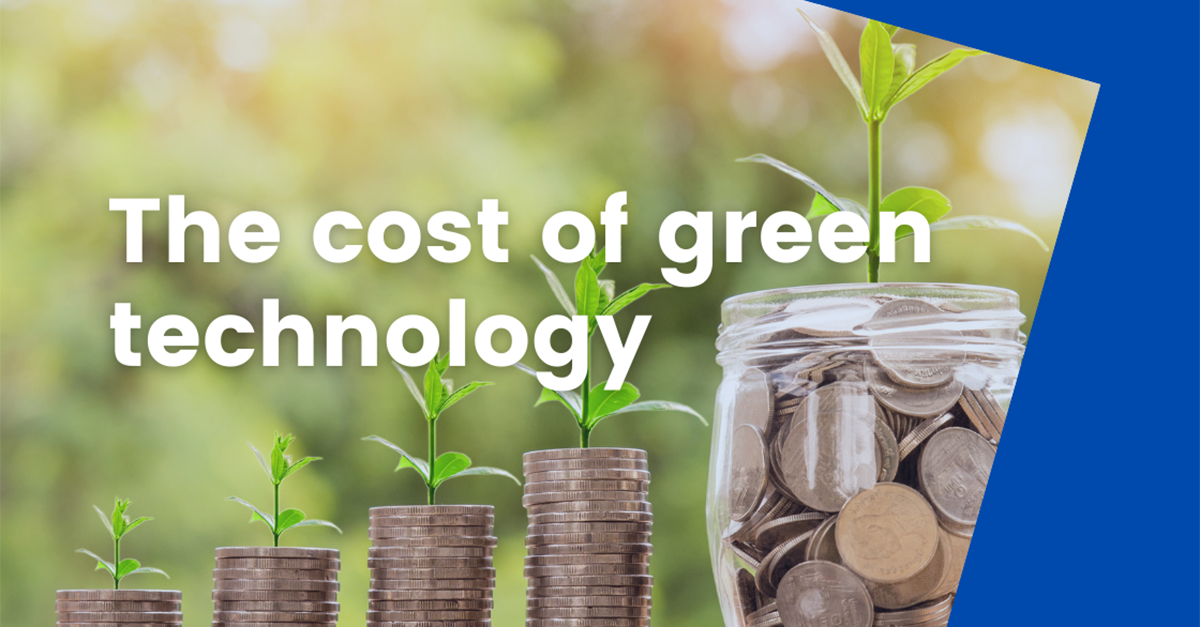In the marine industry – where the smallest margins seem a matter of commercial life or death – shipbuilders are understandably reluctant to spend money on more expensive, possibly riskier innovative clean technologies and equipment. However, current investment trends are pressuring companies to pay attention to their environmental and social imprint.
Studies show that “impact” investments – investments made based on environmental and social corporate governance (ESG) – are on the rise. Among private Finnish investors, 60% consider ESG ratings and data when making investment decisions. Financial managers now acknowledge they must include factors like climate risk and climate change in company portfolios.
According to a study by Morningstar, net new ESG fund investment reached USD 51.1 billion in 2020, more than double the record set the previous year.
Companies in all industries are going to be affected by impact investment. And for new ventures, sustainability is now a key factor in the business plan. New projects are much more likely to gain funding with a clear presentation of the realistic long-term ESG impacts of the business.
To survive the coming decades, the marine industry needs to take a hard look at established decision patterns. By seeking the greatest short-term savings, are we setting ourselves up for higher long-term costs?
We all know buying the cheapest item on the market does not always mean getting the highest long-term value. This is true even in the shipbuilding industry. In today’s quickly changing environment, careful planning will include the flexibility to incorporate new technology over the lifetime of the ship. Considering “green” technology for new ships has become a realistic, forward-thinking financial obligation.
But does sustainability have to cost more?
Not at all. Green technology can deliver cost-effective and responsible assets with big long-term benefits. For example, Yaskawa Environmental Energy / The Switch makes innovative drive train technology that converts energy sustainably, stores energy effectively and consumes energy responsibly. But equally important, this market-proven technology helps deliver huge vessel efficiency gains, while reducing fuel burn and maintenance costs significantly. In addition, The Switch products can be modified for additional power sources much more cheaply than standard diesel propulsion systems – anticipating and reducing possible future upgrade or conversion costs.
To encourage shipbuilders and owners to re-evaluate established decision-making parameters, however, green technology providers should deliver transparent data presenting the true long-term risks and opportunities and offer third-party auditing to increase understanding. We at Yaskawa Environmental Energy / The Switch are eager to discuss the data that proves our solutions can save you money.
Sustainable investments not only help you gain a better return but support the bigger picture of a more profitable return from cleaner seas.
